Global climate finance took centre stage as G20 leaders in Rio reached a fragile consensus amidst heated debates, echoing unresolved tensions at COP29 in Baku. As major economies face mounting pressure to fund climate efforts, the future of global warming targets hangs in the balance.
RIO DE JANEIRO (Reuters) -Diplomatic tensions over global warming spilled over into the G20 summit negotiations in Brazil this week, with sources saying the 20 major economies reached a fragile consensus on climate finance that had eluded U.N. talks in Azerbaijan.
Heads of state arrived in Rio de Janeiro on Sunday for the G20 summit and will spend Monday and Tuesday addressing issues from poverty and hunger to the reform of global institutions. The talks must now also grapple with how to address escalating violence in Ukraine after a deadly Russian airstrike on Sunday.
Still, the ongoing U.N. climate talks have thrown a spotlight on their efforts to tackle global warming.
While the COP29 summit in Baku, Azerbaijan, is tasked with agreeing a goal to mobilize hundreds of billions of dollars for climate, leaders of the Group of 20 major economies half a world away in Rio are holding the purse strings.
G20 countries account for 85% of the world's economy and are the largest contributors to multilateral development banks helping to steer climate finance.
"The spotlight is naturally on the G20. They account for 80 percent of global emissions," U.N. Secretary General Antonio Guterres told reporters in Rio de Janeiro. He expressed concern about the state of the COP29 talks in Baku and called on G20 leaders to do more to fight climate change.
"Now is the time for leadership by example from the world's largest economies and emitters," Guterres said.
U.N. climate chief Simon Stiell wrote a letter to G20 leaders on Saturday imploring them to act on climate finance, including boosting grants for developing nations and advancing reforms of multilateral development banks.
However, the same fights that have plagued COP29 since it began last week became central to G20 negotiations, according to diplomats close to the Rio talks.
COP29 must set a new goal for how much financing should be directed from developed countries, multilateral banks and the private sector to developing nations. Economists told the summit it should be at least $1 trillion.
Wealthy countries, especially in Europe, have been saying that an ambitious goal can only be agreed if they expand the base of contributors to include some of the richer developing nations, such as China and major Middle Eastern oil producers.
On Saturday, discussions of a G20 joint statement in Rio snagged on the same issue, with European nations pushing for more countries to contribute and developing countries such as Brazil pushing back, diplomats close to the talks told Reuters.
But early Sunday morning, negotiators agreed to a text mentioning developing nations' voluntary contributions to climate finance, stopping short of calling them obligations, according to two diplomats.
The breakthrough remains overshadowed by the return to power of U.S. President-elect Donald Trump, who is reportedly preparing to again pull the United States out of the Paris climate agreement. His election throws into doubt how much money the world can muster to address climate change, possibly without the support of the world's largest economy.
Trump is planning to roll back landmark climate legislation passed by outgoing President Joe Biden, who visited the Amazon rainforest when he made a stop there on Sunday on his way to Rio.
The success of not only COP29 but also the next U.N. climate summit, COP30 hosted in Brazil next year, hinges on an ambitious deal on climate finance.
A centerpiece of Brazil's COP30 strategy is "Mission 1.5," a drive to keep alive the Paris Agreement target of limiting global warming to 1.5 degrees Celsius. The U.N. estimates that current national targets would cause temperatures to rise by at least 2.6 degrees C.
Developing countries argue they can only raise their targets for emissions reductions if rich nations, who are the main culprits for climate change, foot the bill.
"It is technically possible to meet the goal of 1.5 degrees Celsius, but only if a G20-led, massive mobilization to cut all greenhouse gas emissions ... is achieved," said Bahamas Prime Minister Philip Davis at COP29 last week.
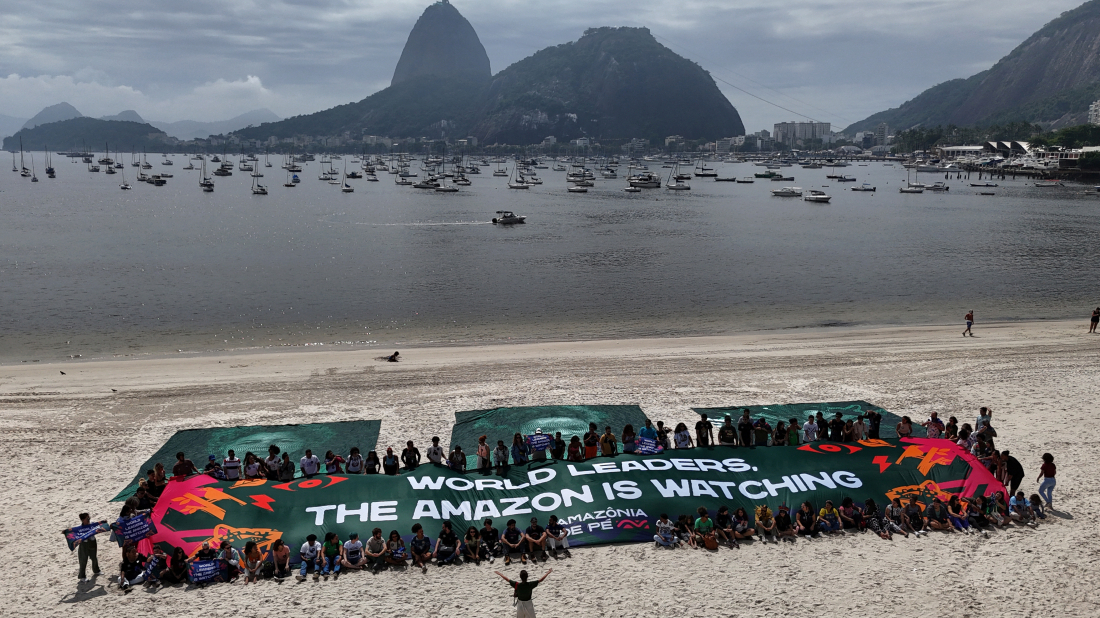
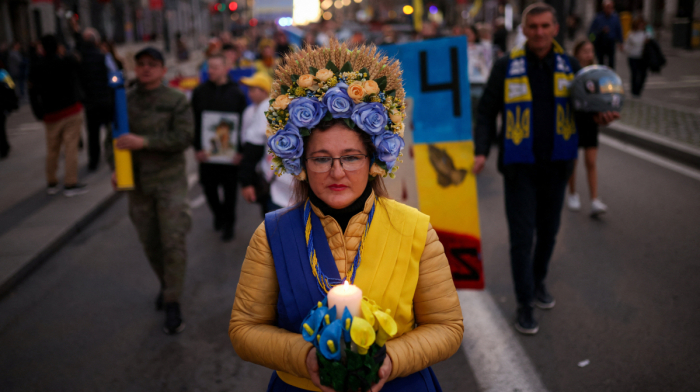

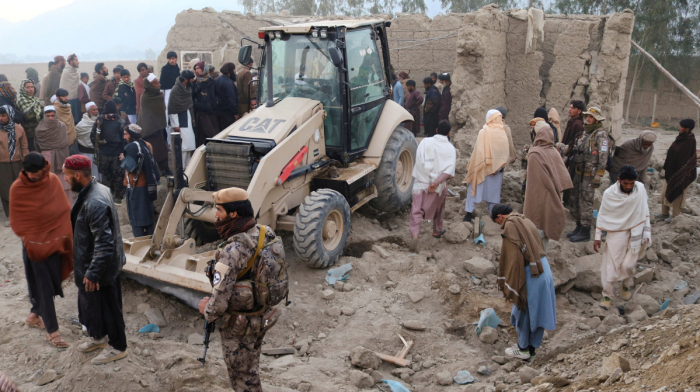

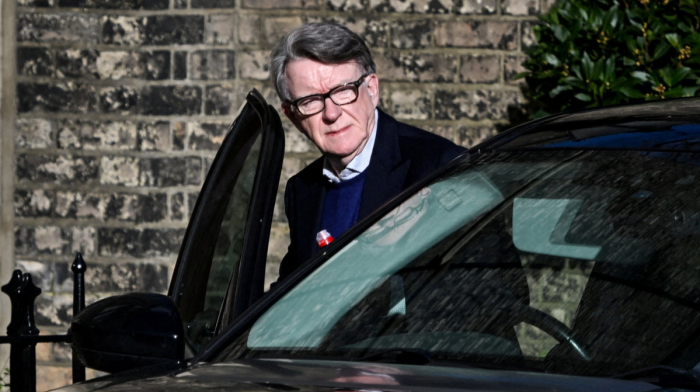


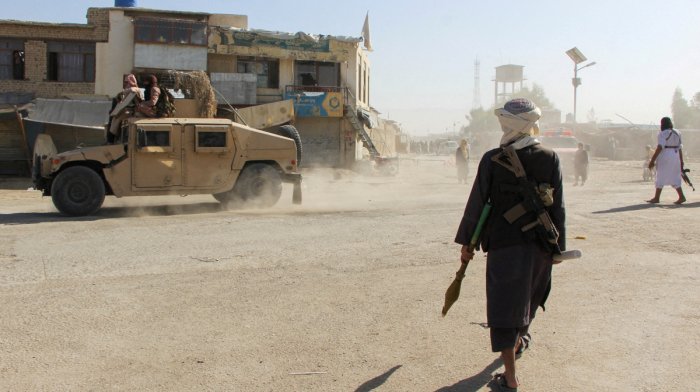



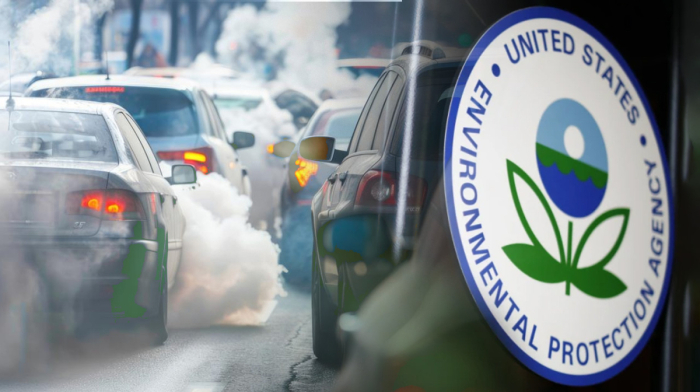
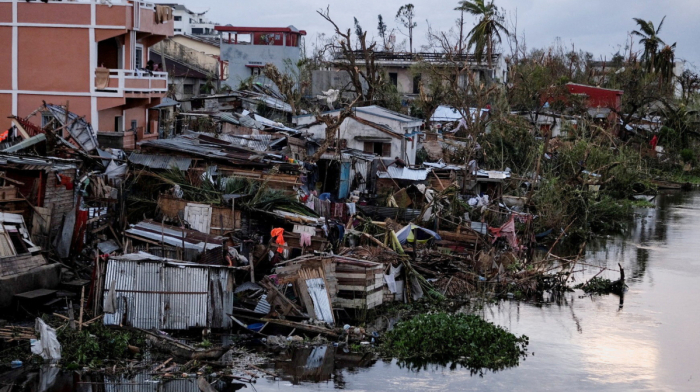
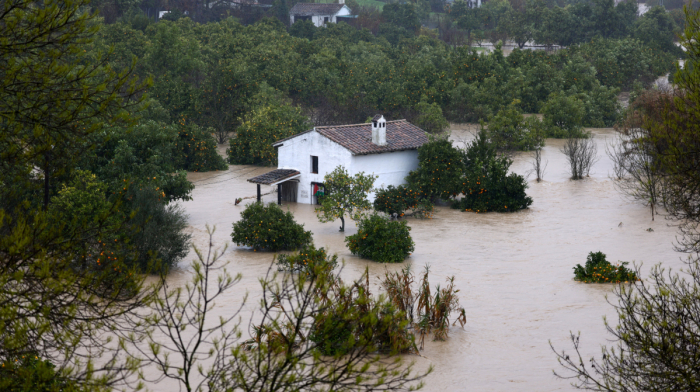
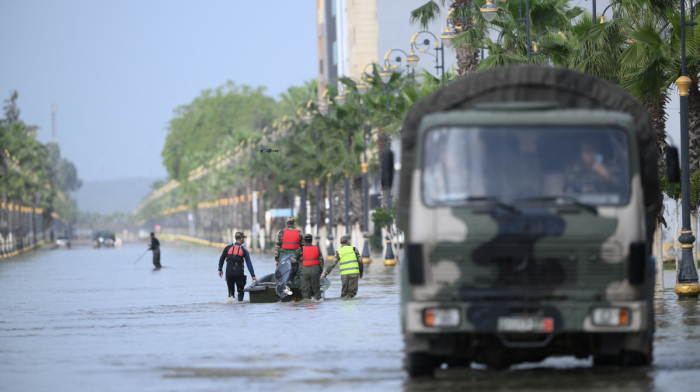
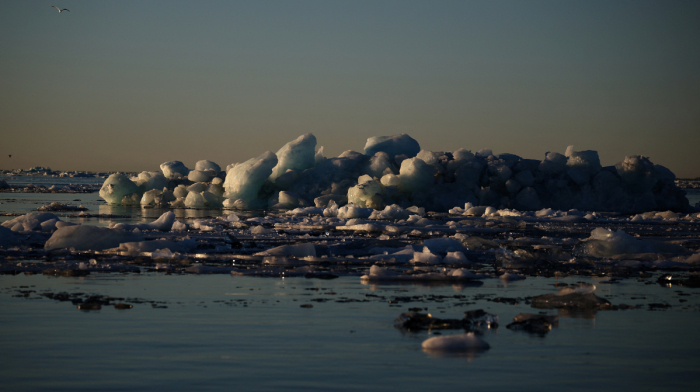



What is your opinion on this topic?
Leave the first comment